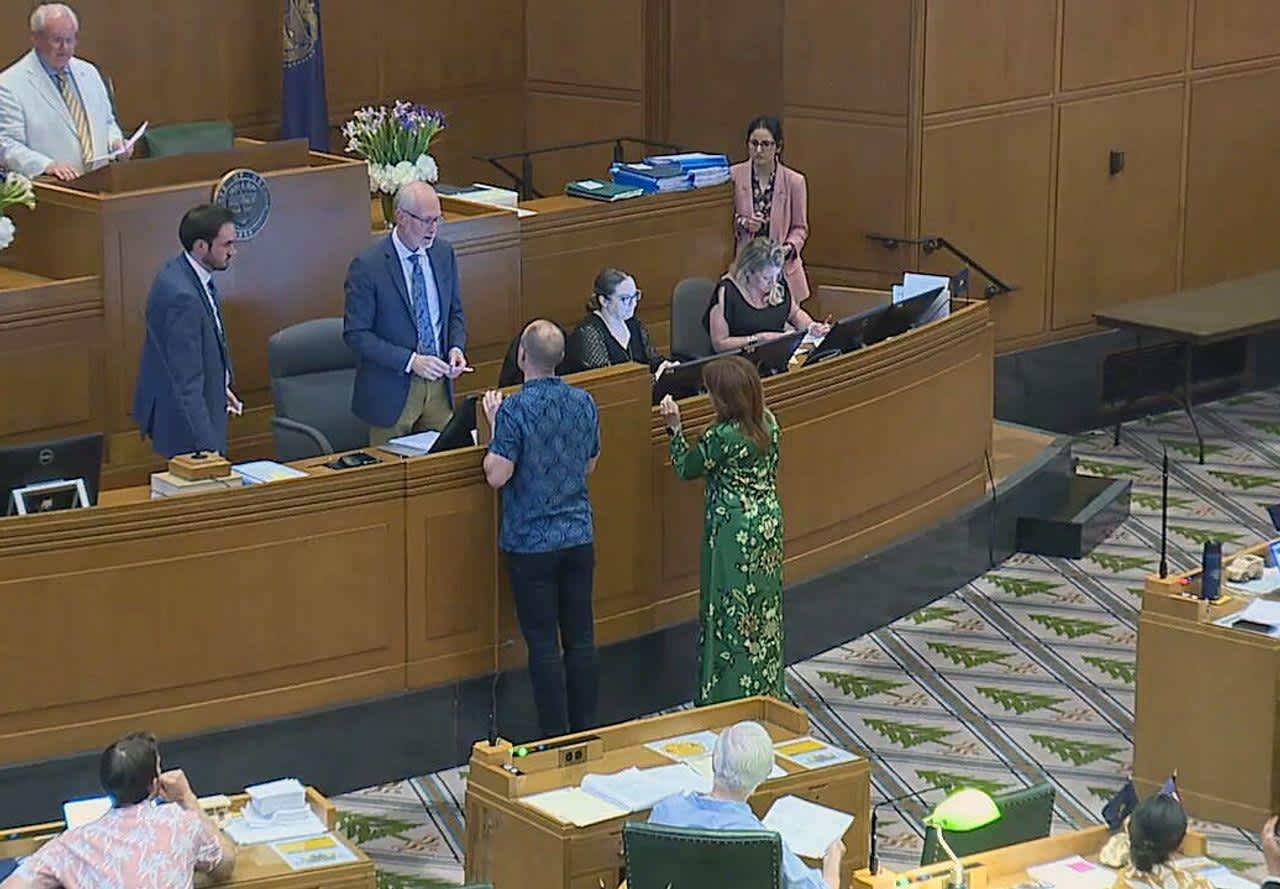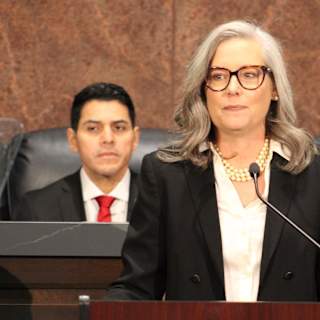- Immediate Impacts of Budget Crisis
- Failed Legislative Efforts
- Political Aftermath and Next Steps
The Oregon Department of Transportation began notifying employees this week of impending layoffs that will eliminate hundreds of positions after the state Legislature failed to pass funding legislation needed to address a $354 million budget shortfall.
Governor Tina Kotek announced Saturday that 600 to 700 ODOT workers will lose their jobs in what she called "one of the largest layoffs in Oregon history". Managers started verbal notifications Monday, with official written notices expected to begin July 7, according to the Association of Engineering Employees of Oregon.

The layoffs represent a devastating blow to an agency with fewer than 5,000 total staff1. ODOT spokesperson Kevin Glenn confirmed that "hundreds of positions will no longer be at ODOT" by the end of July, though the agency is using vacancy savings to minimize the number of current employees affected2.
The cuts will force closure of maintenance stations, result in 50% fewer winter materials purchased, and reduce winter service levels beginning this winter, Glenn said3. The agency also faces a $205 million annual shortfall in maintenance operations and $227 million in road paving3.
Beyond ODOT, the funding failure threatens to shut down 45 TriMet bus lines and eliminate dozens of positions at the Portland Bureau of Transportation45.
Oregon lawmakers concluded the 2025 legislative session Friday night without passing either of two transportation funding measures. House Bill 2025, which would have generated $11.7 billion over a decade, died after failing to secure enough votes1. A last-ditch effort with House Bill 3402, proposing a modest 3-cent gas tax increase to raise $2 billion, also failed when House Republicans refused to suspend rules for an immediate vote2.
The failure came despite Democrats holding supermajorities in both legislative chambers. Republican opposition focused on the economic burden on taxpayers, while some Democrats, including Senator Mark Meek of Gladstone, also opposed the measures12.
Kotek blamed Republicans for the failure, telling lawmakers Saturday, "I don't care how tired you are, I don't care what your vacation plans are. We are going to solve this"1. Republican leaders said they remain willing to negotiate if Democrats consider their alternative proposals, which would redirect funds from electric vehicle and transit programs rather than raising taxes1.
The funding crisis stems from declining gas tax revenue as vehicles become more fuel-efficient and electric vehicle adoption increases2. Oregon receives about $700 million annually in federal highway funding, but those dollars cannot be used for day-to-day maintenance or operations2.



